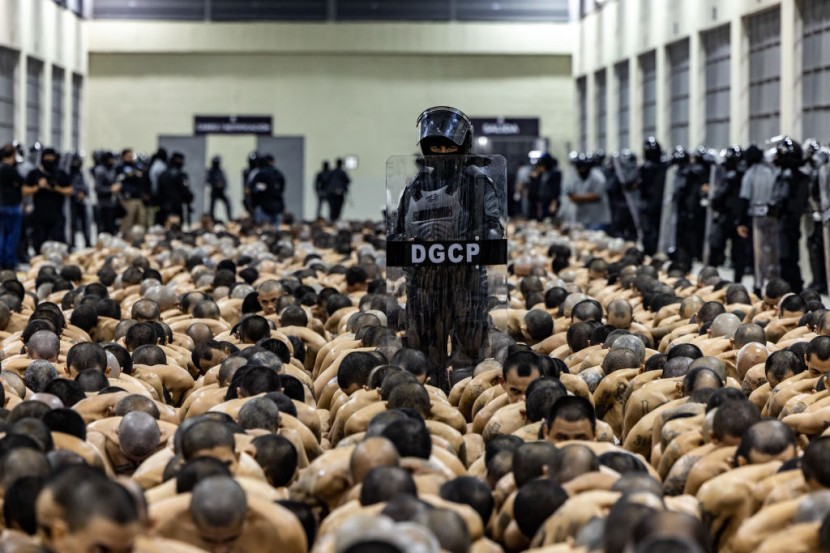El Salvador's President Nayib Bukele is something of an enigma in his modernity and for his heavy-handed approach to law enforcement. Nicknaming himself the "World's Coolest Dictator," Bukele has ushered in a new era for El Salvador in just five years in office.

The nation has one of the lowest homicide rates in Latin America and gang activity, which plagued the country for decades, has been all but eliminated.
Bukele's war on gangs is largely to blame.
Under the president, the country lengthened the period of detention without charge and lowered the age of prosecution to twelve. Additionally, police and soldiers mounted checkpoints throughout poor districts with historic gang problems.
Some national human rights groups believe that he has entered into secret talks with imprisoned gang leaders and former gang leaders to negotiate a reduction in criminal violence in exchange for benefits.
The crackdown was spurred by a murdering spree in March 2022 prompted by MS 13 that resulted in the deaths of 62 in one day, the most murderous day in the country's history.
The president's response has doubled the number of people in prison, with 2% of the adult population currently behind bars. More than 70,000 suspected gang members have been arrested since the state of emergency was declared in 2022.
He's currently gearing up for reelection on Sunday for another five-year term, which is against the country's constitution which forbids immediate re-election. Concern about the economy, and the civil rights and human rights violations inherent in the state of emergency measures, are a primary concern for many voters.
"Why switch leaders? To go back to the same? We're happy without the gangs and he needs power to keep making change," said Elmer Martinez, a 53-year-old construction worker in San Salvador.
What Is The Current Status Quo?
Under the current president, security forces can arrest anyone without a warrant or any solid evidence. Also, the government has access to all private communications and individuals can be held without being charged.
"They can take anyone at any time and do whatever they want," said Laura, a teacher who declined to give her last name for fear of reprisal. "This isn't democracy."
A University of Central America public poll conducted in January 2024 showed Bukele has an 82% approval rating. Manuel "Chino" Flores, the next closest candidate, only has 4%.
"Bukele proved a 'zero tolerance' model suspending rights works - and quickly," said Amparo Marroquin of the University of Central America. "Now others in Latin America want rapid results in security and the polls, and along with that comes more power in the executive."
Bukele has warned that a vote for the opposition would mean a return to the past, when El Salvador was known as the "world's most dangerous country."
"The opposition will be able to achieve its true and only plan, to free the gang members," Bukele said in a video weeks before the election.
The front page of the government newspaper Diario El Salvador on Jan. 23 read: "War against the gangs could be reversed if the opposition wins more deputies."
El Salvador was embroiled in a civil war from 1979 to 1992 to remove what many saw as a corrupt two-party system.








